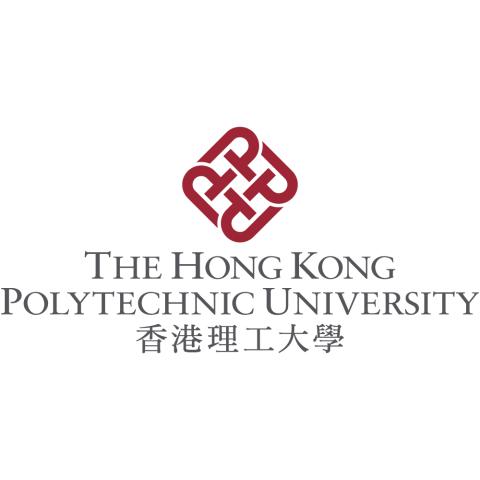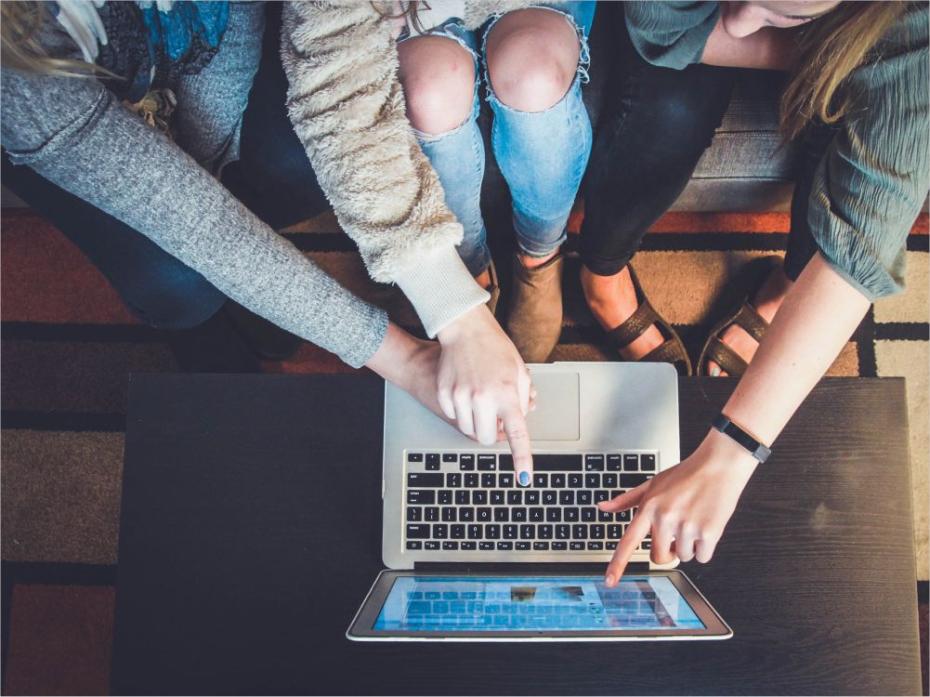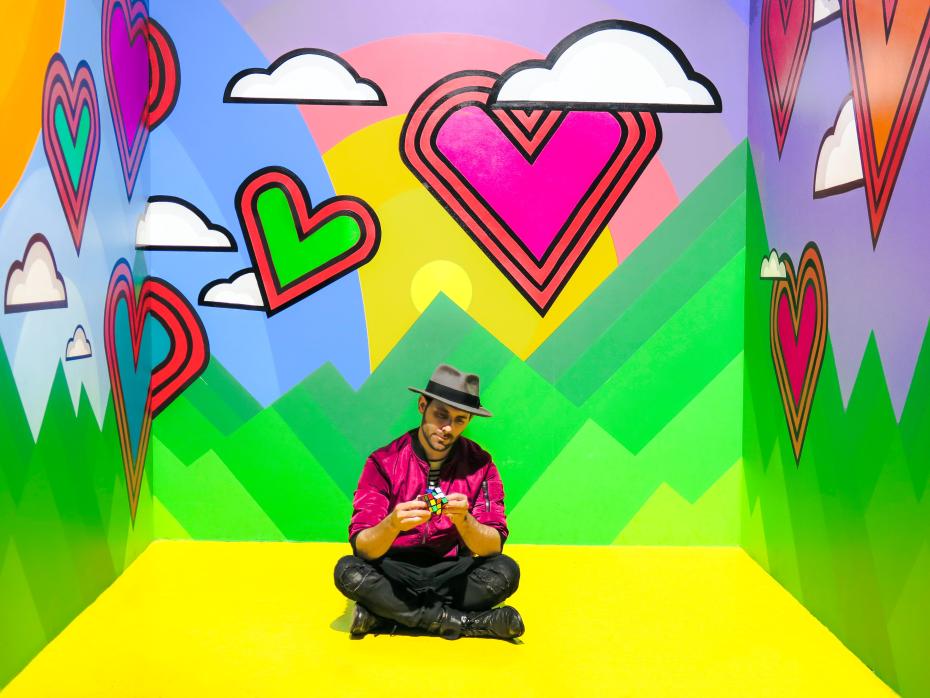
Learning to learn: developing students into effective lifelong learners
With the rapid development of technology and the uncertainties caused by unknown diseases, our world has become more unpredictable than ever before. This applies not only to areas such as business, health and safety but also to education.
Students are facing more unexpected circumstances because of the frequent changes to their surroundings. As a result of uncertainties brought about by the social and economic instability caused by the pandemic, along with tensions between Russia and Ukraine, and China and the US in recent years, students of the current generation are increasingly concerned about their future.
- Show students that the flipped classroom is much more than self-directed learning
- Help your students to become assessment literate
- Collaborating with artificial intelligence? Use your metacognitive skills
The knowledge and skills that they acquired at school may no longer be applicable to solving the problems that they will be facing. Therefore, being able to “learn to learn” and to identify developmental needs become essential for our students’ survival in the present and future world.
In 2019, the Organisation for Economic Cooperation and Development (OECD) noted in its conceptual learning framework Future of Education and Skills 2030 that “[a]s trends such as globalisation and advances in artificial intelligence change the demands of the labour market and the skills needed for workers to succeed, people need to rely even more on their uniquely (so far) human capacity for creativity, responsibility and the ability to ‘learn to learn’ throughout their life”.
At the Hong Kong Polytechnic University (PolyU), where I work, strengthening the “learning to learn” (L2L) element in the curriculum is highlighted as a key strategic action. A team in the Educational Development Centre, reviewed the relevant literature and studied global L2L practices. They found that L2L is not a single skill but, instead, involves a set of interrelated skills in different domains, including the dispositional, intentional, metacognitive, affective-motivational, cognitive and social.
Based on the work of Cristina Stringher and her team, and after studying different L2L frameworks and models from around the world, we simplified their model to focus on 12 key skills and designed an appropriate implementation framework for our context. These 12 key skills are:
- sense of purpose: know why you want or need to learn and see learning as your own duty
- meaning making: make the learning content meaningful to you
- personal beliefs about learning: believe you can improve through learning
- curiosity: have an interest in and passion for acquiring new knowledge and learning new ideas
- self-regulated learning: manage your learning and understand your learning process
- reflection on learning: review your learning experience and identify factors that can improve your learning process for better results
- motivation for learning: know what things affect your motivation for learning and take control of them
- emotion and resilience: be able to cope with your emotions and with setbacks that affect your learning
- higher-order thinking: adopt higher-order thinking skills to learn for deep understanding
- understanding learning: have an interest in looking for theories and methods to improve your learning
- learning with and from others: engage yourself in learning and building knowledge with other people
- learning in different environments: engage yourself in different learning environments.
To test the effectiveness of this model and framework on student learning, starting from the 2019-20 academic year, a number of L2L activities were piloted with first-year students in freshman seminars in three different disciplines: construction engineering; engineering; and humanities. In essence, we added small metacognitive activities to the original subject activities to increase students’ self-awareness of their learning goals, processes and abilities to review their own learning experiences and developmental needs.
Through these activities, students reflected on the relationship between their study and their personal aspirations, then made plans for learning specific skills to help achieve their personal aspirations. Finally, they reflected on the whole experience and discussed any changes in their opinion towards learning and their understanding of themselves as learners. Students were also invited to take a self-assessment to rate their L2L ability at the beginning and the end of the subject on a voluntary basis. After comparing the data, we found a statistically significant increase in students’ perception of their L2L ability over the duration of the subject.
In their self-reflection assignments and end-of-subject questionnaires, we found positive reviews of their experiences and evidence to support their growth in L2L ability. They also commented that they became more aware of their learning processes and the need for continuous development after completing the L2L subject activities.
After three years of successful implementation of L2L activities with first-year students, we moved to the mature stage of the project by migrating L2L from the first year to the whole undergraduate programme curriculum in 2022. Since the 2022-23 academic year, L2L has been added as an additional core learning outcome to all undergraduate programmes. Each programme has defined its L2L outcomes at both programme and subject levels, and devised teaching, learning and assessment methods for these L2L outcomes.
Besides subject activities such as a student-led project, independent study and self-reflection exercises, many departments make use of academic advisers to support students in developing their L2L ability through personal consultation. At the same time, our Educational Development Centre has offered workshops, organised competitions and developed resources, such as teaching ideas and online modules, for both faculty members and students to learn more about and engage more with L2L.
Since the launch of the L2L initiative, we believe students’ recognition of and capacity for L2L and lifelong learning has increased. Faculty members have also become more creative in devising and facilitating L2L activities inside and outside the class. We will continue reviewing the L2L implementation and discuss with departments and front-line teachers solutions to issues encountered and effective strategies to further enrich students’ learning experiences and outcomes.
Kevinia Cheung is assistant educational development officer at the Hong Kong Polytechnic University.
If you would like advice and insight from academics and university staff delivered direct to your inbox each week, sign up for the Campus newsletter.




